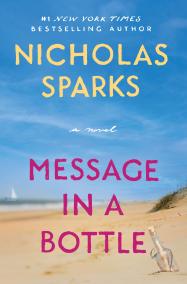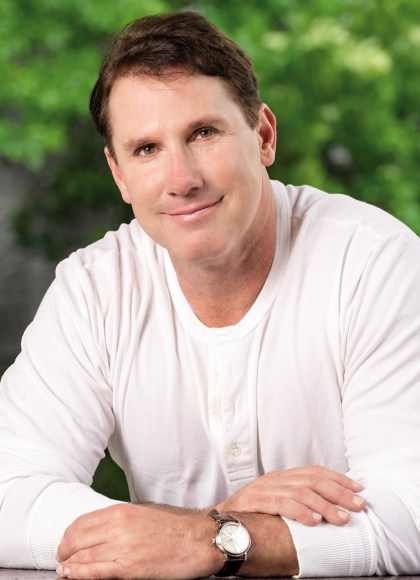By clicking “Accept,” you agree to the use of cookies and similar technologies on your device as set forth in our Cookie Policy and our Privacy Policy. Please note that certain cookies are essential for this website to function properly and do not require user consent to be deployed.
A Bend in the Road
Contributors
Formats and Prices
- On Sale
- Apr 12, 2022
- Page Count
- 384 pages
- Publisher
- Grand Central Publishing
- ISBN-13
- 9781538709788
Price
$17.99Price
$22.99 CADFormat
Format:
- Trade Paperback $17.99 $22.99 CAD
- ebook $8.99 $11.99 CAD
- Audiobook Download (Unabridged) $27.99
This item is a preorder. Your payment method will be charged immediately, and the product is expected to ship on or around April 12, 2022. This date is subject to change due to shipping delays beyond our control.
Buy from Other Retailers:
Miles Ryan’s life seemed to end the day his wife was killed in a hit-and-run accident two years ago. As deputy sheriff of New Bern, North Carolina, he not only grieves for her and worries about their young son, Jonah, but longs to bring the unknown driver to justice.
Then Miles meets Sarah Andrews, Jonah’s second-grade teacher. A young woman recovering from a difficult divorce, Sarah moved to New Bern hoping to start over. Tentatively, Miles and Sarah reach out to one another . . . and soon are falling in love.
But what neither realizes is that they are also bound together by a shocking secret, one that will force them to reexamine everything they believe—including their love.
Then Miles meets Sarah Andrews, Jonah’s second-grade teacher. A young woman recovering from a difficult divorce, Sarah moved to New Bern hoping to start over. Tentatively, Miles and Sarah reach out to one another . . . and soon are falling in love.
But what neither realizes is that they are also bound together by a shocking secret, one that will force them to reexamine everything they believe—including their love.
Genre:
-
"Sweet, accessible, uplifting."Publishers Weekly
-
"A powerful tale of true love."Booklist
-
"Sparks has definitely mastered the art of love.”Associated Press
-
“Sparks is a poet . . . a master.”Philadelphia Inquirer
Newsletter Signup
By clicking ‘Sign Up,’ I acknowledge that I have read and agree to Hachette Book Group’s Privacy Policy and Terms of Use







